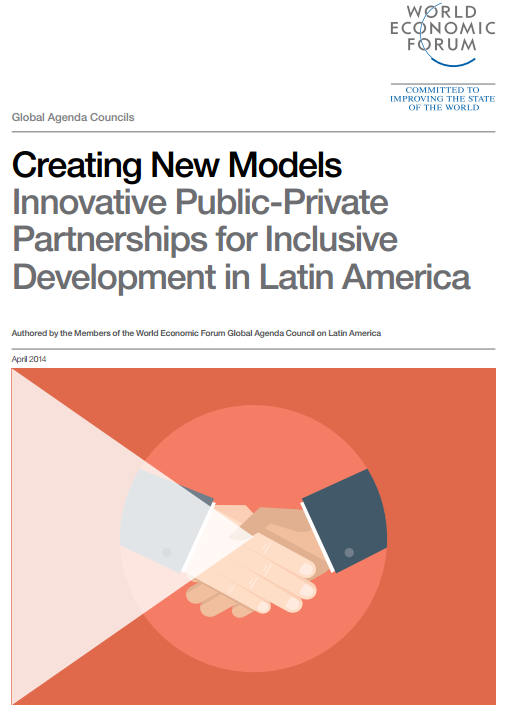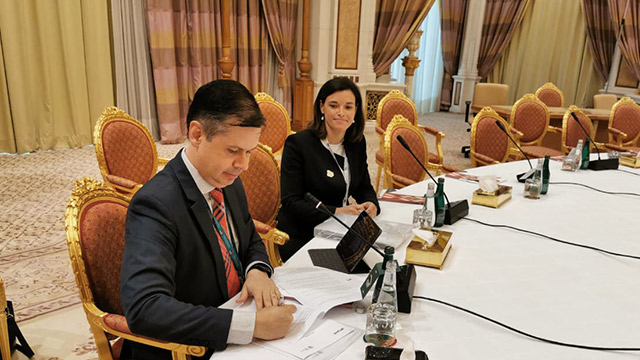961 results found
Featured results



More results
The QII Principles are voluntary, non-binding principles that reflect a common strategic direction and aspiration for quality infrastructure investment.

These policy guidelines are intended to help countries design and implement competitive selection processes for supporting renewable energy.

The World Bank undertook a comprehensive assessment of South Asia’s container ports to support South Asian governments and stakeholders in the sector. It sought to understand the links between performance and its drivers and costs and to identify whether and how performance might be improved. The study proposes an approach for improvement based on regional and global experience.

This report examines the performance of the 14 largest container ports in the region based on two sets of criteria: operational performance and economic performance. To measure operational performance, the report benchmarks total time at port, waiting time at port, and idle time as a share of total time at berth. To measure economic performance, it benchmarks productivity and efficiency using two useful techniques: Malmquist total factor productivity decomposition and data envelopment analysis. The report identifies key drivers of port performance and examines how differences in performance across ports are related to those drivers.

The present EIB Group Complaints Mechanism Procedures (CMOP), fully implement the revised EIB Group Complaints Policy.

The project consists of a road concession procurement for exploiting infrastructure and public services provision for recovery, operation, maintenance, monitoring, conservation, implementation of improvements and maintenance of the service level of the BR-262/ES Highway, in the road section between BR-101 (B) - Viana/ES - up to the frontier between ES/MG; BR-262/MG, in the road section between ES/MG frontier with BR-381/MG - João Monlevade/MG; and BR-381/MG, in the road section between Belo Horizonte/MG to Governador Valadares/MG
The Decision Tree Framework is a robust decision scaling approach from the World Bank that provides resource-limited project planners and program managers with a cost-effective and effort-efficient, scientifically defensible, repeatable, and clear method for demonstrating the robustness of a project to climate change.

The report analyzes how regional connectivity and economic integration between South Asia and Southeast Asia can benefit the regions in terms of economic growth through infrastructure.

The LPI provides valuable information for policymakers, traders, and other stakeholders, including researchers and academics, on the role of logistics for growth and the policies needed to support logistics in areas such as infrastructure planning, service provision, and cross-border trade and transport facilitation.

Connections is a series of concise knowledge notes from the World Bank Group’s Transport and ICT Global Practice. Connections discusses projects, experiences, and front-line developments in Transport and ICT. This set includes notes from 2015 and 2016.


This publication consists of analysis on the relationship between GDP growth and traffic growth and converting emerging market growth into investment opportunities.


This publication is an assessment of the rationale for coordination between various healthcare and pension policies to better manage the cost of ageing.

This technical note contains a methodology to promote the use of good corporate governance practices for water and sanitation enterprises (especially SOEs) in Latin America and the Caribbean, based on IDB experiences and other relevant cases from network utilities.


This simple and free tool enables project proponents to easily conduct early-stage cost-benefit analyses of bus transport projects.


This report outlines an approach to country platforms to help channel technical assistance and public and private finance to emerging and developing countries in order to support the achievement of net zero targets.

Accelerating the development of Brazil’s infrastructure markets is the aim of Global Infrastructure Hub’s (GI Hub) Country Program with Brazil, recently confirmed in a Letter of Intent with the nation’s Secretary of International Economic Affairs (SAIN) of the Ministry of Economy.

The Global Agenda Council on Latin America have illustrated, through a series of brief case studies, the creativity and commitment displayed throughout the region in the design and execution of innovative public-private partnerships.


In this blog, Svetlana and Roberto discuss the major cross-border projects currently being planned and delivered with Russia’s involvement, and the importance of comprehensive quality assessment in delivering these projects. Their discussion practically illustrates several elements of successful cross-border project delivery that are detailed in the GI Hub’s cross-border reference guide, Connectivity Across Border.
Decentralised microgrids enable 'prosumers' to trade their surplus energy, resulting in reduced cost, increased use of renewables, and reduced demand on the energy grid.
This publication gives an overview of ADB's Philippine Infrastructure for Rural Productivity Enhancement Sector Project the paper argues this has improved access to infrastructure, potable water supply, and communal irrigation for the rural poor.



 Compendium of Quality Infrastructure Investment Indicators Guidance Note
Compendium of Quality Infrastructure Investment Indicators Guidance Note




